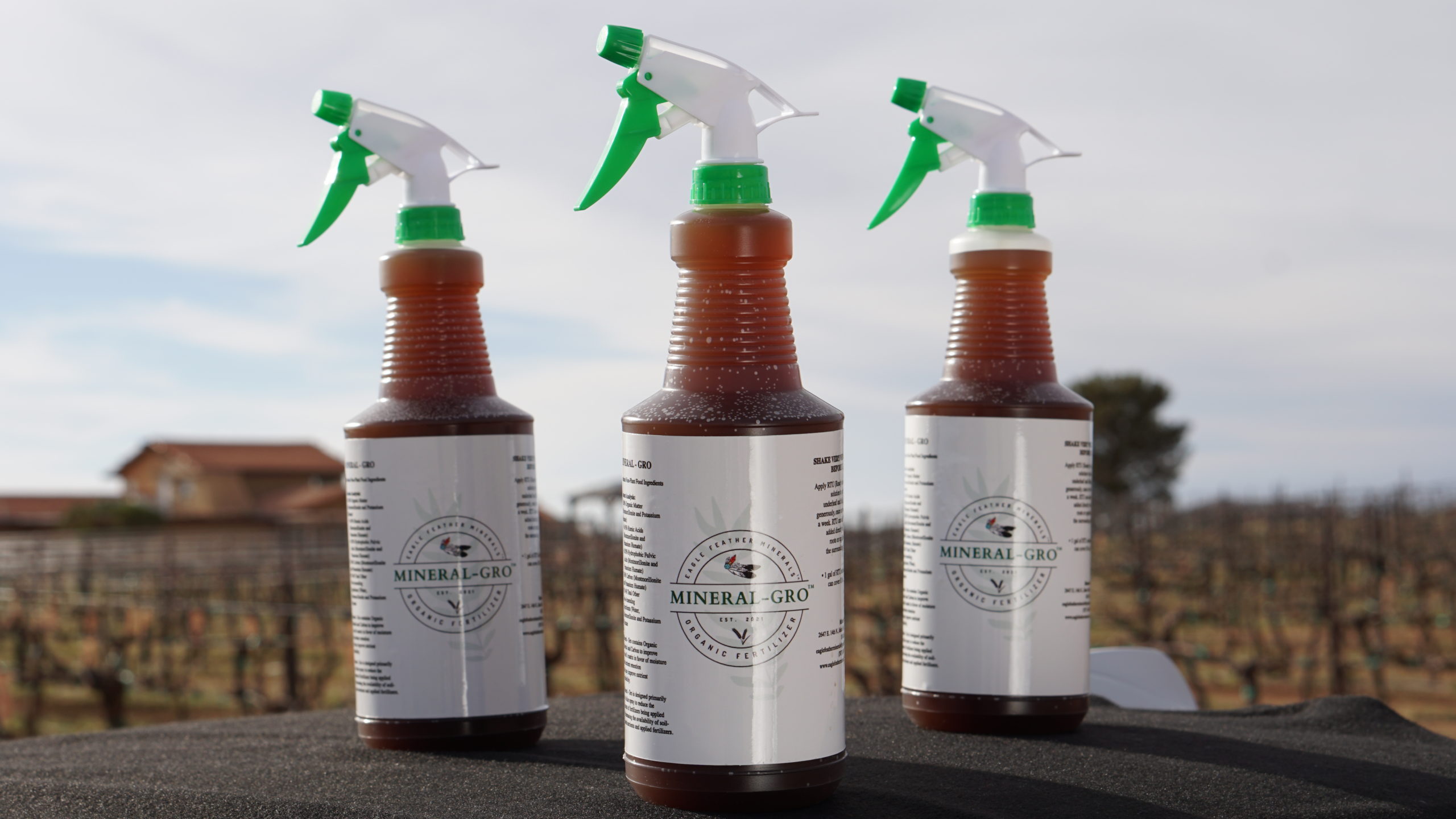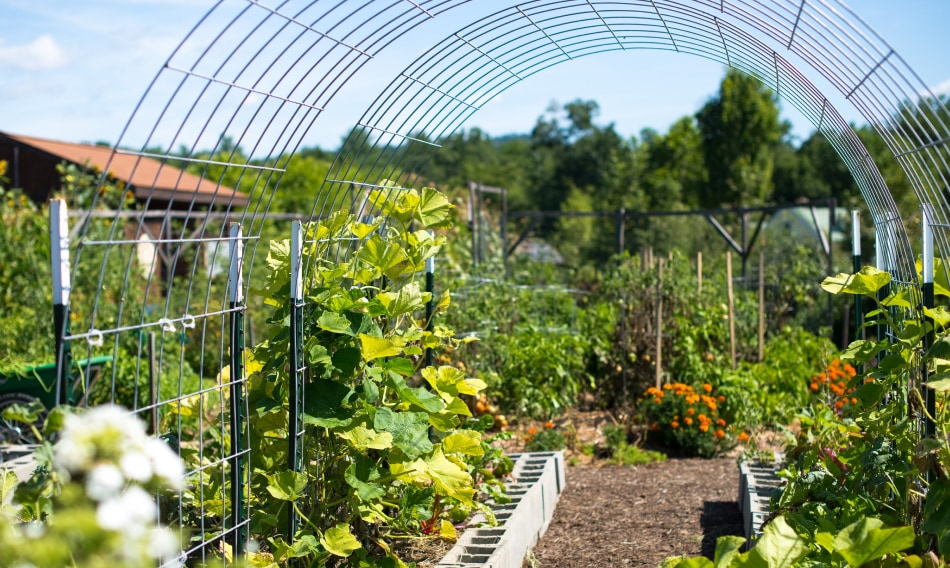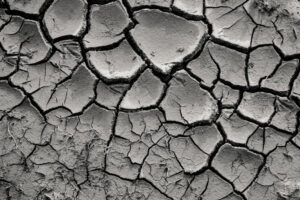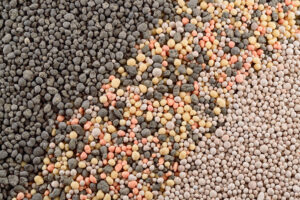
About The Company
Mineral-Gro is versatile, offering the capability to enhance mineral availability to plants both through their root systems and foliage, making it an ideal choice for applications in hydroponics, aeroponics, and fogponics.
Mineral-Gro is adaptable for use across a wide spectrum of agriculture and horticulture settings, including agriculture, landscaping, forestry, greenhouse cultivation, gardens, sports turf, and park grounds.
Our Product
Our Minerals find application in various fields, encompassing agriculture, landscaping, forestry, greenhouse cultivation, gardening, sports turf maintenance, and parkland management.
When Eagle Feather Minerals concentrate is diluted with water creating a RTU (ready-to-use) solution; it then can be applied as a foliar spray to leaves or introduced into the soil, it facilitates the rapid uptake of up to 78 essential nano-minerals by plants. This leads to reduced water and pesticide usage, resulting in robust, thriving plants that exhibit enhanced growth and vitality.

Our journey began with a vision — to provide plants and crops with the fundamental elements they require, natural minerals. We meticulously crafted a product harnessing the power of up to 78 active trace-minerals, which are then meticulously nano-sized for optimal absorption and growth enhancement. This two-stage process has resulted in a groundbreaking product that has redefined the agricultural industry.
Why is Eagle Feather Minerals so important?
When Liquid TNT is mixed with water and applied as a foliar spray to leaves or added to the soil, up to 78 nano minerals become readily available to the plants. The amount of required water and pesticides are reduced and your plants will grow Bigger, Stronger, and Healthier.
For the sake of this discussion, let’s categorize organic mineral depletion from soil as the result of 2 factors—natural and man-made causes.
Natural Causes

Nutrient depletion of soils and fertilizers can occur as a natural consequence of soil erosion—most nutrients are found in topsoil, which naturally erodes fastest or undergoes slow release into air.
This is not a major concern, as natural erosion and slow release transfers nutrients, elements, microbes, compost, manure, and chemical compounds to other locations—the earth doesn’t eat itself up and deplete its own resources.
Man-Made Causes
While it’s easy to think of ourselves as separate from our environment, the truth is that we are intrinsically linked to it—what we do affects the environment and vise-verse.
So, how is man naturally depleting nutrients organic to our soil?
Soil Nutrient Mining

This results in the deterioration of soil structure and the depletion of its physical, chemical, and biological properties. This typically occurs as a result of over-farming, lowering the organic matter and nutrients without properly replenishing them. This problem is more acute in areas where crops are cultivated with low doses of mineral fertilizers and little to no organic recycling.
Simply put: when healthy soil is overused, with only synthetic rather than the best organic fertilizers as means to boost plant and root growth, you end up with lower yields and less healthy soil the coming season.
Soil Pollution
The presence of man-made toxic chemicals is usually caused by improper waste disposal coming from industrial activities and sources, as well as agricultural pesticides.
Salinization
This is the process of increasing the salt content of the soil, and is usually the result of improperly maintained irrigation systems.
The Earth Summit concluded in 1992 that “There is deep concern over continuing major declines in the mineral values in farm and range soils throughout the world.” This was based on data showing a decline in nutrient levels over the last 100 years:
Europe – 72% decline
Asia – 76% decline
North America – 85% decline
The soil structure itself and the fertilizers therein are crucial to the health and growth of plants and, as such, are just as crucial to our health as well.
Organic fertilizer like Liquid TNT gives more nutrients to the soil, which is taken in by plant roots and makes them more healthy. These nutrients are absorbed into the crops in your garden which eventually make it into your food.
Commercial farms typically don’t use organic fertilizer, instead planting in depleted soil and using non organic fertilizers like NPK on their crops.

NPK stands for Nitrogen, Phosphorus, Potassium. While these are beneficial fro plants, they are just a few of the many nutrients plants need for healthy growth and the NPK ratio is usually way too high.
NPK is just the bare minimum that keeps plants alive. Plants also need dozens of organic minerals that have been depleted due to centuries of over-farming. Organic fertilizer like Liquid TNT contains these organic minerals, the plant food that your crops need.
These organic minerals Liquid TNT contains are what should be found in organic soil and the natural fertilizers it contains, minerals that gardeners should be using in their garden or what large-scale farmers should be using during the growing season. As organic fertilizer, it contains everything a plant needs to reach its fullest nutrient potential and thus pass on these nutrients to the human or animal that consumes it.
Unlike other organic fertilizers, Liquid TNT uses a patented two-stage process to create the final product.
First, we start with the:
Dry Stage
The trace minerals that have been lost through decades of intensive over-farming are blended in a vortex chamber using compressed air and resonating frequencies for pulverization. This reduces the minerals to a micron-sized dry powder.
Second, we enter the:
Wet Stage
The micronized minerals are sent through a liquid mixing process that nano-sizes them, leaving a water solution that has been activated with nano-sized minerals—a solution that can be mixed with water and applied directly to the soil or directly to the plants as a foliar spray. Because of their nano-size, they can be immediately absorbed by a plant via the root or the plant spores.
